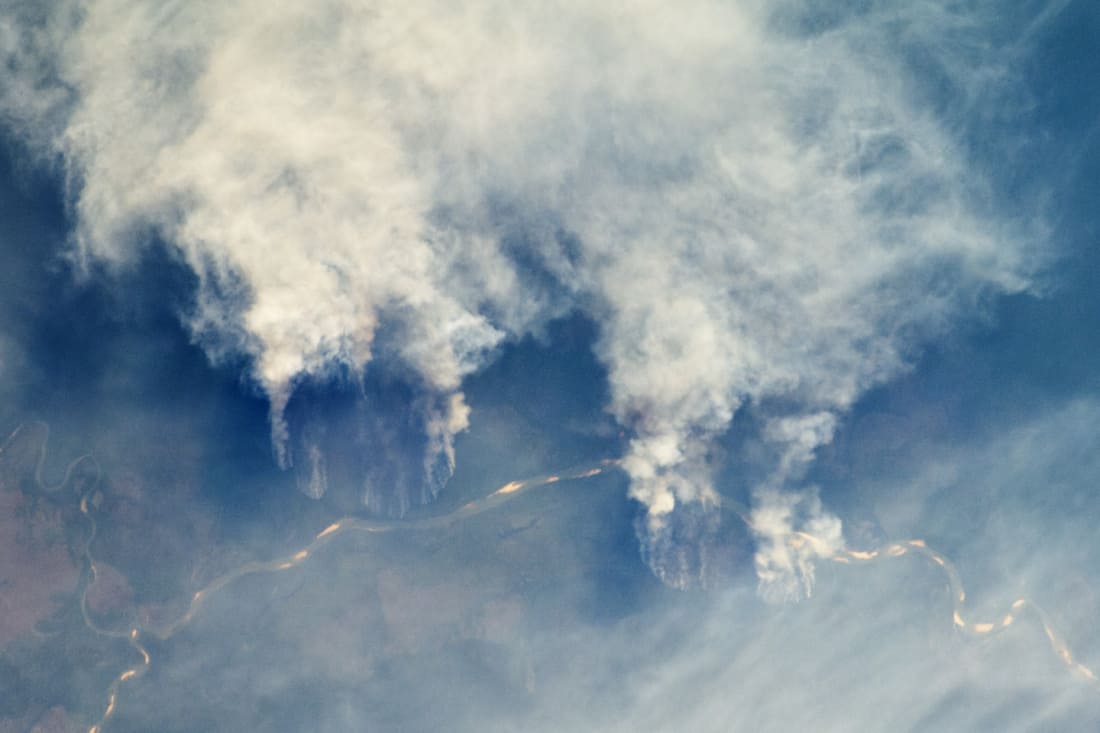
In 2019, people across the world were mobilized by a shared sense of urgency created by the innumerable climate catastrophes that occurred. The impact of a global audience seeing floods, storms and wildfires on unprecedented scales is shifting how we interact internationally.
In April, the world collectively mourned the destruction of the Notre-Dame de Paris cathedral when it caught fire during renovations. The burning of the 13th-century landmark moved Parisians to hold vigils and French billionaires to pledge millions to rebuild it. Support for the reconstruction also came from smaller donors in France and the United States who felt compelled to contribute after seeing this tragedy take place.
Sadly, the Notre Dame was not the most precious thing to go up in flames and stun the world this year — the Amazon rainforest was also on fire throughout 2019.
The increasing rates of fires during the dry season were caused by slash-and-burn techniques to clear the forest for various industries. In August 2019, satellite imagery revealing the scale of the fires drew international attention to the obliteration of the world’s biggest carbon dioxide absorber.
Because of the Amazon’s diverse biodiversity and its crucial role in mitigating global warming, many Brazilians took to the streets to protest President Jair Bolsonaro’s environmental policies. The Brazilians were not alone in their fight as protestors from around the world have shown their support by also protesting outside various Brazilian embassies.
The South American wildfires were very important because they created a sense of urgency behind the weeklong Global Climate Strike held in September. These huge protests drew out millions of people across 150 countries and demonstrated a greater worldwide consciousness developing directly in response to the dangerous wildfires.
Though climate change did not garner as much attention in past years, 2019’s wildfires have changed how people are co-operating and identifying with one another around the globe. Even though the catastrophic effects of natural disasters are tragic, this emerging sense of global unity is a distinct development in the history of humanity.
Due to its size, the Amazon wildfires eclipsed other major fires scorching the earth on multiple continents in 2019. More destruction occurred on Spain’s Canary Islands, Vietnam, the United Kingdom and on our own continent in Alberta, California and Washington.
And in the final months of the year, the world witnessed one final and grandiose blaze in the apocalyptic Australian bushfires. Comparatively, the Amazon fires scorched only 2,240,000 acres of land while the ongoing Australian blazes have burned an estimated 15.5 million acres already. Recent reports state that approximately half a billion animals have died in the fires.
The bushfires have gathered international support and donations from celebrities who wish to help the Australians and animals being impacted. Because scientists have connected the increasing intensity of the bushfire season to climate change, it is likely that climate activists will use this as evidence that more action is needed to address the issue.
Still, it is undeniable that climate catastrophes like wildfires are changing how humans are interacting internationally and building a cultural awareness of the necessity for change. It is likely that more events will only continue to build a sense of urgency needed to address global warming, but hopefully 2020 stays a little cooler.
—
Noah Callaghan/ Staff Writer
Photo: Flickr
Leave a Reply